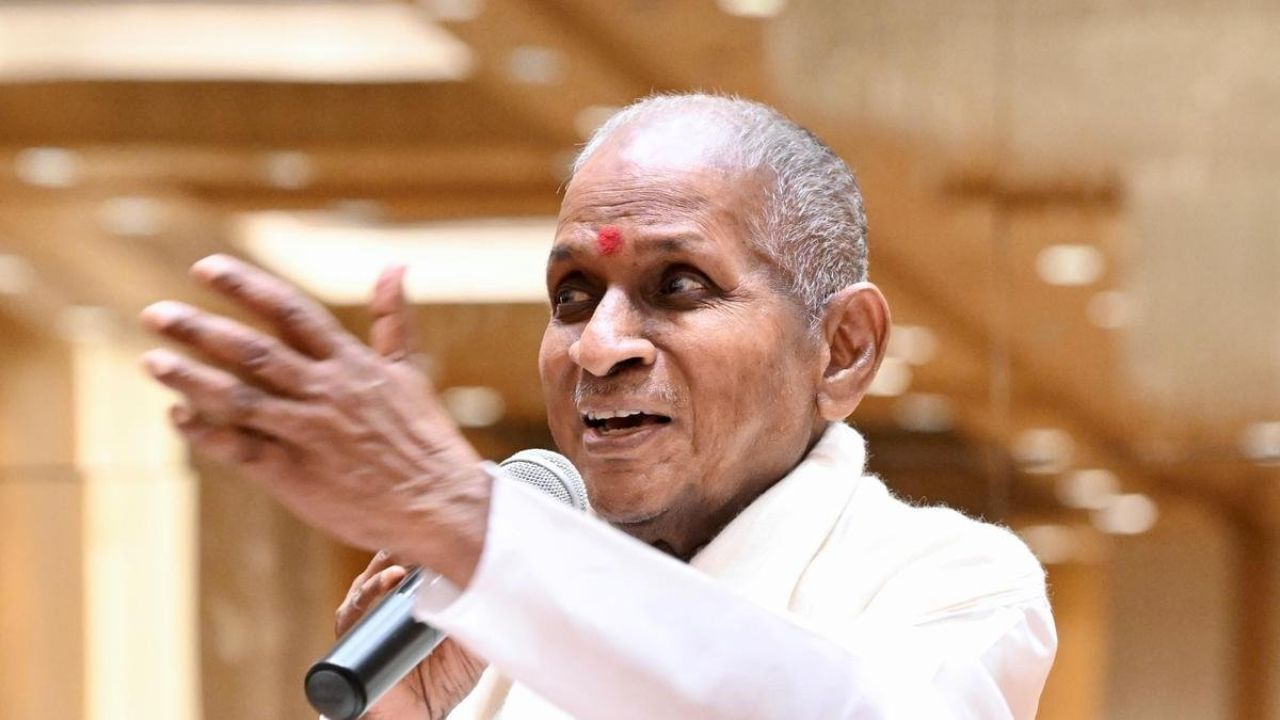New Delhi: Veteran music composer Ilaiyaraaja has recently spoken out strongly against film producers who take the songs he composed for their movies and sell them to music companies without his permission.
Ilaiyaraaja said that producers “can’t cull out songs I composed for their films and sell them to music labels.” This has been a major issue in the Tamil film industry as Ilaiyaraaja tries to protect the rights to his music, which he says are being exploited without his consent.
Ilaiyaraaja fights legal battles; files case in Madras High Court
Ilaiyaraaja explained that even though songs are made for films, the rights to the songs belong to the composer, not just the film producer. He said, “I have always maintained that ownership and rights are protected under the Copyright Act, 1957.” According to him, he is the first owner of his musical works unless he has given those rights to someone else in writing. He added, “I possess inalienable moral rights… which empower me to protect the integrity of my compositions from any distortion or modification.”
The composer has taken serious legal action against some producers and music labels, including a case in the Madras High Court. His lawyer told the court that music companies like Sony Music have been using his compositions on digital platforms and streaming services without his permission and without paying royalties. Ilaiyaraaja’s legal team said, “Sony Music is exploiting my musical works… without paying the mandated equal share of royalties.”
This legal battle reflects the complicated situation music composers face in the film industry. Earlier, courts had ruled that while the sound recordings are owned by the producer, the tunes themselves belong to the composer. Ilaiyaraaja’s fight is also about receiving fair payment and control over the use of his music.
Ilaiyaraaja’s stand has sparked wider discussions about the rights of composers, producers, and music labels. He said firmly, “If someone wants to use my tune or song, they must take my approval.” His struggle underlines the need for better respect and protection for creators in the music world.
